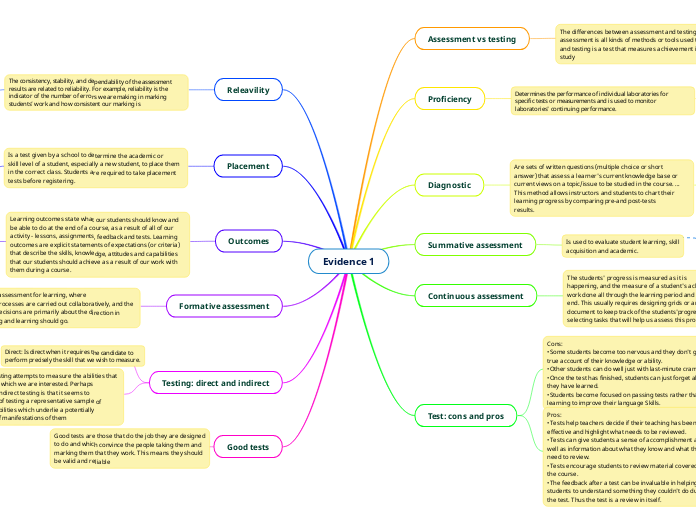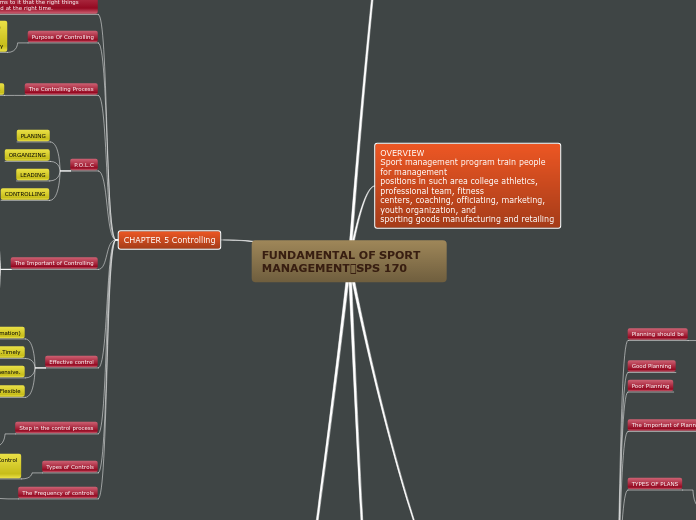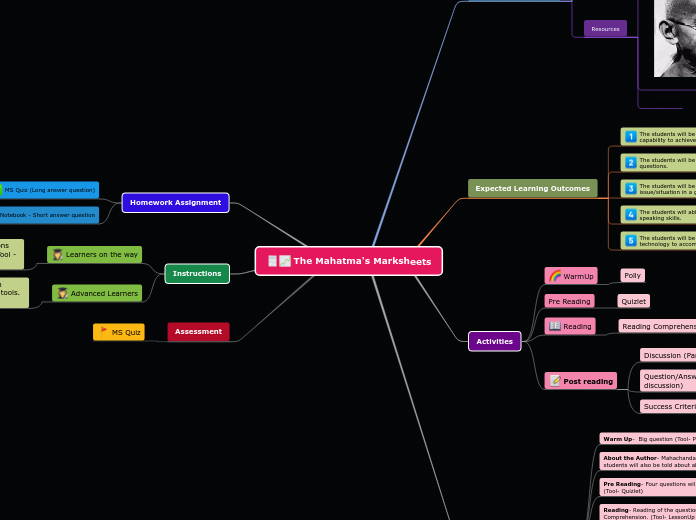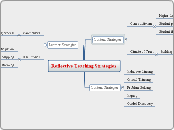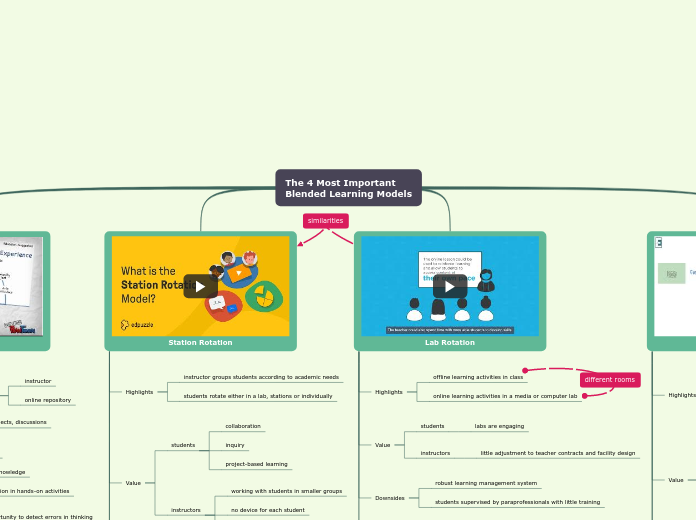av Patricio Hernández för 3 årar sedan
190
Evidence 1
The effectiveness and reliability of tests play a crucial role in determining the performance of individuals and laboratories. Good tests are designed to be both valid and reliable, ensuring they fulfill their intended purpose and are trusted by both test-takers and evaluators.
